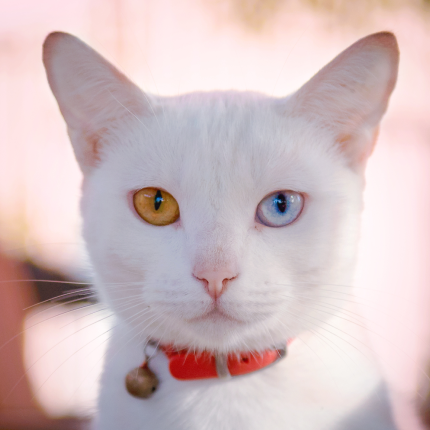Do Cats Suffer From Separation Anxiety?
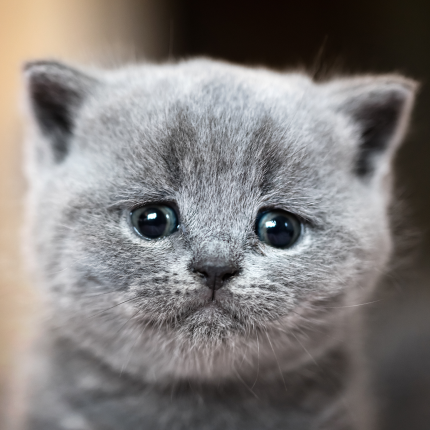
Cats are known for their independent nature but also form strong bonds with their owners. When these bonds are disrupted, such as when a cat is left alone for extended periods of time, she may experience separation anxiety. In this article, we’ll explore whether or not cats can suffer from separation anxiety and how to help them cope with this condition.
What is Separation Anxiety?
First, let’s define separation anxiety. Separation anxiety is a condition that occurs when an animal becomes distressed and anxious when separated from their owner or caregiver. Dogs are the most commonly associated animals with separation anxiety, but cats can also experience this condition. Cats that suffer from separation anxiety may become stressed, destructive, or vocal when left alone.
So do They?
So, do cats really suffer from separation anxiety? The answer is yes. While cats are typically more independent than dogs and may not show their distress similarly, they can still experience anxiety when left alone for extended periods. This is especially true for cats that are very attached to their owners or those that have been through a traumatic experience, such as being abandoned or losing a littermate.
Some signs that a cat may be suffering from separation anxiety include excessive vocalization, destructive behavior, over-grooming, and inappropriate elimination. Cats with separation anxiety may also become more clingy when their owner is around, following them from room to room and seeking constant attention.
So, how can you help your cat cope with separation anxiety? Here are some tips:
- Provide plenty of toys and entertainment: Cats left alone for extended periods may become bored and anxious. To prevent this, provide your cat with plenty of toys and entertainment, such as puzzle feeders, cat trees, and scratching posts. These can help keep them mentally stimulated and engaged while you’re away.
- Create a safe space: Cats that are anxious may benefit from having a designated safe space where they can retreat to when feeling stressed. This can be a cozy bed or crate in a quiet room away from any loud noises or distractions.
- Use pheromone sprays: Pheromone sprays, such as Feliway, can help reduce anxiety in cats. These sprays mimic the pheromones that cats produce naturally to mark their territory and feel more secure. Simply spray the product in your cat’s safe space or on their bed to help them feel more relaxed.
- Gradually acclimate your cat to being alone: If your cat is experiencing separation anxiety, it’s important to gradually acclimate them to being alone. Start by leaving them alone for short periods of time, gradually increasing the amount of time they spend alone over several weeks. This can help them adjust to being alone and feel more comfortable.
- Seek veterinary advice: If your cat’s separation anxiety is severe or is causing them distress, it’s important to seek veterinary advice. Your vet may recommend anti-anxiety medication or behavioral therapy to help your cat cope.
Cats can indeed suffer from separation anxiety. While they may not show their distress the same way as dogs, they can still experience anxiety and stress when left alone for extended periods. Providing plenty of toys and entertainment, creating a safe space, using pheromone sprays, gradually acclimating your cat to being alone, and seeking veterinary advice can all help your cat cope with separation anxiety and feel more relaxed when you’re not around. By understanding your cat’s needs and providing them with the love and care they deserve, you can help them lead a happy and healthy life.

Featured Articles
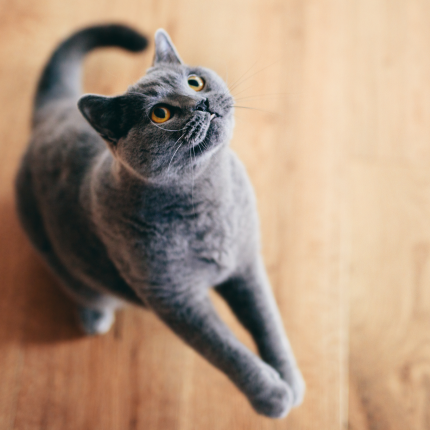
Greebles and Cats: The Origin and the Meaning
You may have seen an internet sensation concerning cats labeled “greebles.” Feel out of the loop? We’re here to help you. In 2019, Reddit user /user/literallyatree commented on a Reddit post about a cat that looks like it’s trying to slap a ghost. This user commented: “My family calls things…
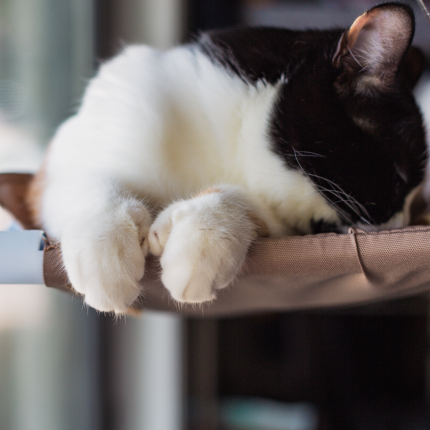
Polydactyl Cats: Just More Beans to Love
Polydactyl cats have become extremely popular in recent times. As a result, more and more people are interested in learning more about this six-toed cat and want to get one of their own. If you are a cat lover intrigued by polydactyl cats, you have come to the right place….
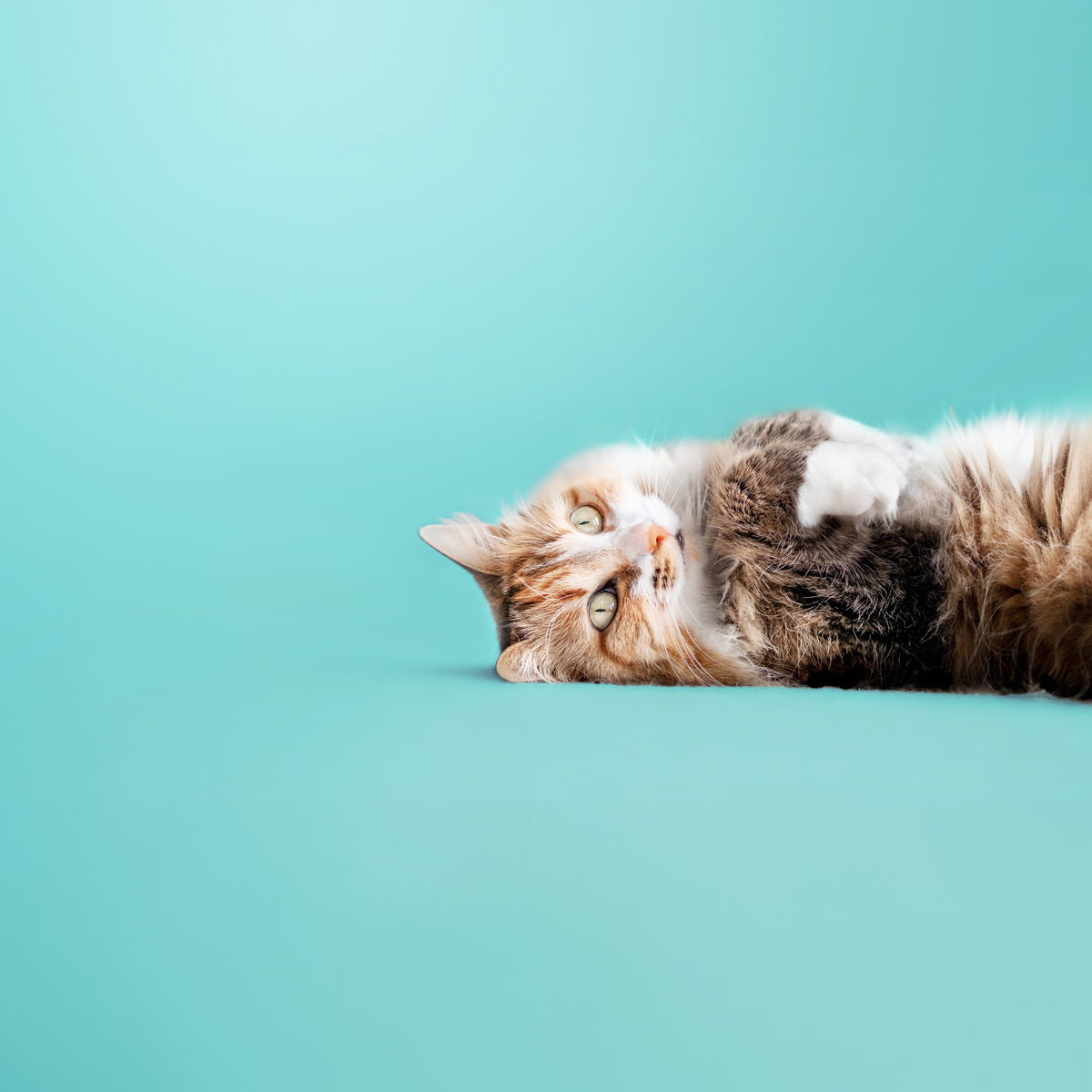
Why Do Cats Roll Over Into Their Backs But Not Let You Touch Their Bellies?
It’s common knowledge dogs love to have their tummies rubbed when they freely lay down before you and roll onto their backs. But, if you’re also familiar with cats, you know that when they roll onto their backs with their bellies exposed, rubbing the belly will most likely result in…
